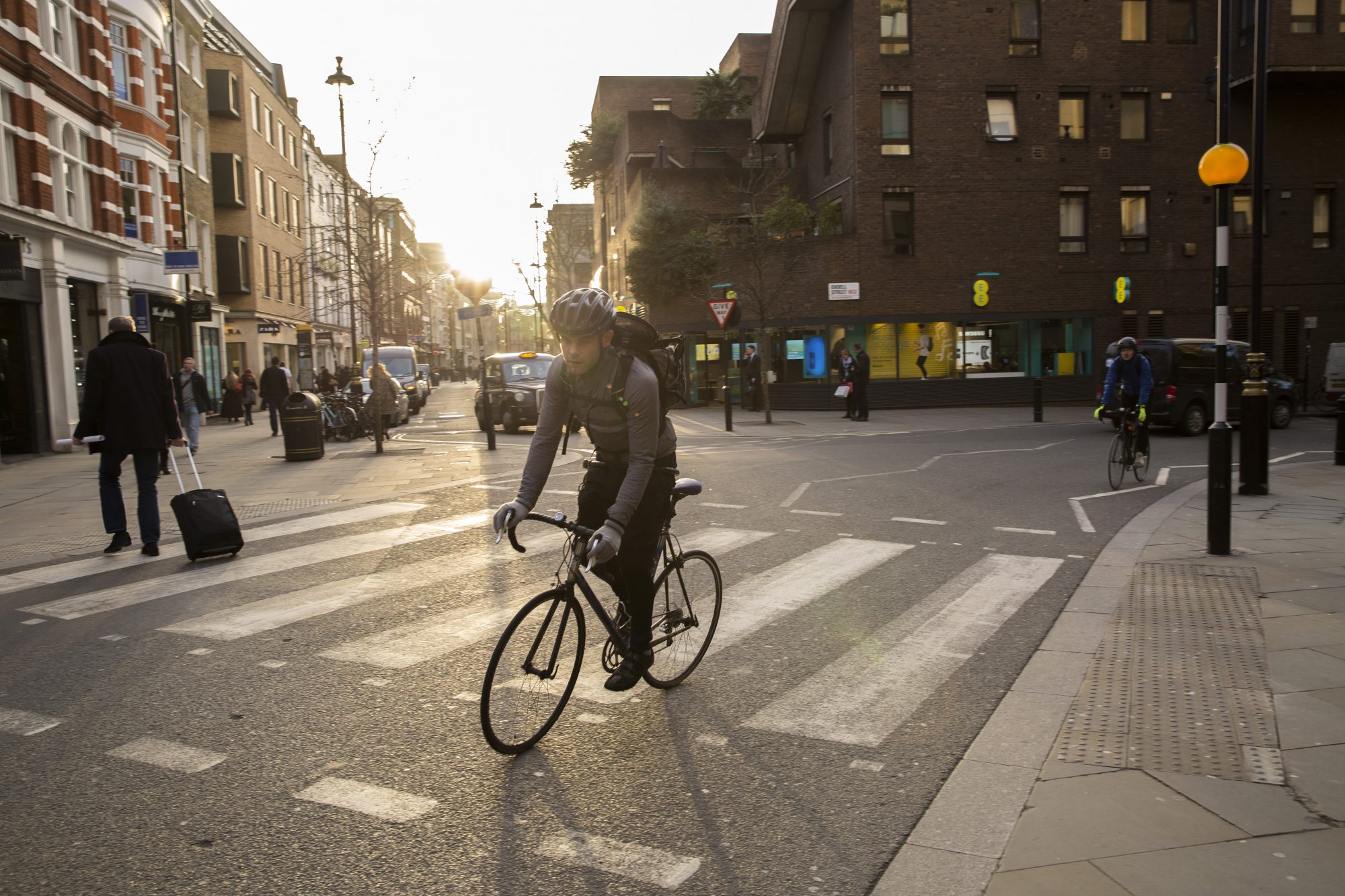‘Stopping cycling would have terrible consequences on physical and mental health’
Charity Cycling UK has urged the government not to ban cycling outside


The latest race content, interviews, features, reviews and expert buying guides, direct to your inbox!
You are now subscribed
Your newsletter sign-up was successful
Banning cycling outside would have “terrible consequences for physical and mental health,” a leading charity has warned.
Cycling UK, which works to promote and support bike riding for transport and leisure, has written to the health minister Matt Hancock urging him not to stop people cycling outside for exercise.
The government had indicated it could ban outside exercise if people continue to flout social distancing rules, as the UK tries to slow the spread of coronavirus.
While Hancock later rowed back on his comments, Cycling UK has stepped in to remind the government of the benefits of cycling outside.
On the health implications of social distancing, Cycling UK chief executive Paul Tuohy said: “This is particularly true for people from lower-income groups who may already be facing considerable financial and emotional stresses in their lives, living with children in cramped conditions without outdoor space.
“Preventing them from exercising outdoors could have terrible consequences for their physical and mental health, and that of others they live with.”
The current guidance for UK residents is that they should not leave their homes other than for essential purposes like food shopping and to pick up medical supplies, while one form of exercise each day is also permitted.
The latest race content, interviews, features, reviews and expert buying guides, direct to your inbox!
After the warm and sunny weather last weekend, there were a number of reports of people breaking social distancing rules sunbathe in parks.
Hancock then said in a radio interview: “If you don’t want us to take the step to ban exercise of all forms outside the home, you have got to follow the rules.
“Let’s not have a minority spoiling it for everyone.”
>>> Tour de France could be postponed by a month, reports French media
He later said the government is not looking at stopping all exercise outside.
Mr Tuohy from Cycling UK added: “We are also concerned that, if outdoor exercise was banned, this would have knock-on effects on people’s ability to cycle when making journeys to work that cannot be done from home, to obtain food and other essential supplies, and to provide care for others.
“A person cycling to work, for example in the health service, might look like a person who was cycling for exercise, and may therefore face unjustified harassment, including from the police, who (like everyone else) would find it very difficult to know whether or not someone was cycling for a legitimate purpose.”
“This would further undermine the vital role that cycling is playing in maintaining people’s health and mobility for essential journeys in these extraordinarily difficult times.”
Alex Ballinger is editor of BikeBiz magazine, the leading publication for the UK cycle industry, and is the former digital news editor for CyclingWeekly.com. After gaining experience in local newsrooms, national newspapers and in digital journalism, Alex found his calling in cycling, first as a reporter, then as news editor responsible for Cycling Weekly's online news output, and now as the editor of BikeBiz. Since pro cycling first captured his heart during the 2010 Tour de France (specifically the Contador-Schleck battle) Alex covered three Tours de France, multiple editions of the Tour of Britain, and the World Championships, while both writing and video presenting for Cycling Weekly. He also specialises in fitness writing, often throwing himself into the deep end to help readers improve their own power numbers. Away from the desk, Alex can be found racing time trials, riding BMX and mountain bikes, or exploring off-road on his gravel bike. He’s also an avid gamer, and can usually be found buried in an eclectic selection of books.
